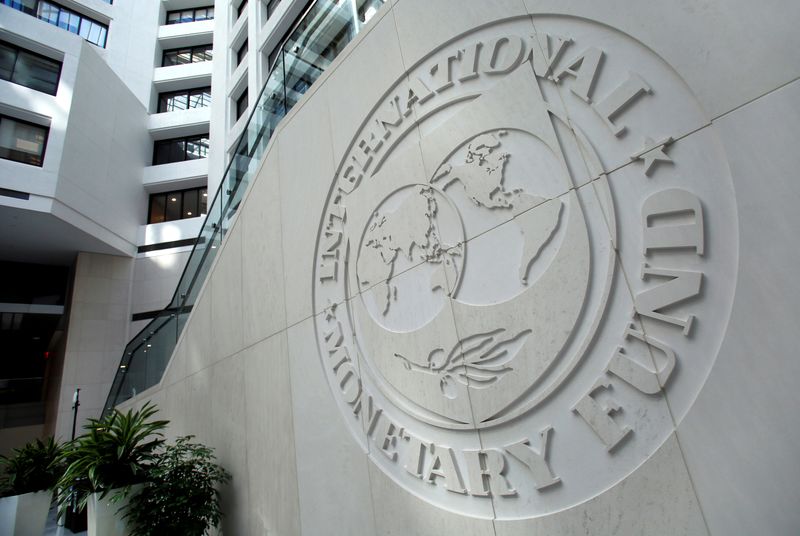By Leika Kihara
WASHINGTON (Reuters) -Asian central banks may need to keep monetary policy "tighter for longer" to combat still substantial inflation risks, senior International Monetary Fund official Krishna Srinivasan said on Thursday.
Some central banks in the region, such as Australia, have begun pausing interest rate hikes as they saw their economies and job growth moderate from the impact of global headwinds and past monetary tightening.
"Core inflation remains sticky and has become a more important driver of headline inflation recently, which may lead to more persistent inflation and wage pressure," said Srinivasan, director of the IMF's Asia and Pacific Department.
"Output gaps for Asian economies are either closing or already closed, and currency depreciation last year is still passing through to domestic prices. These factors suggest that the battle to contain inflation is not yet over," he said.
While the global outlook remains somber, China's reopening will underpin Asia's economy through an increase in trade and consumption, Srinivasan told a news conference on Thursday.
The IMF expects growth in the Asia-Pacific region's economy at 4.6% this year, up 0.3 point from its October forecast and faster than a 3.8% rise in 2022.
The latest forecast implies the region will contribute over 70% of global growth this year, Srinivasan said.
The IMF expects China's economy to expand by 5.2% in 2023, higher than the previous year's 3.0% growth.
"China's reopened economy is rebounding strongly, and this will generate positive spillovers to its trading partners, providing fresh momentum for Asia's growth," he said.
The U.S. and European banking-sector woes have added to uncertainty over the global economic outlook, drawing a warning from the IMF that lurking financial system vulnerabilities could erupt into a new crisis and slam global growth this year.

The impact of the recent global banking stress on Asia has been limited so far, with direct exposures of Asian banks and investors to Silicon Valley Bank minimal, Srinivasan said.
"Unless strains increase and raise broad-based stability concerns, central banks should separate monetary policy objectives from financial stability goals," he said.